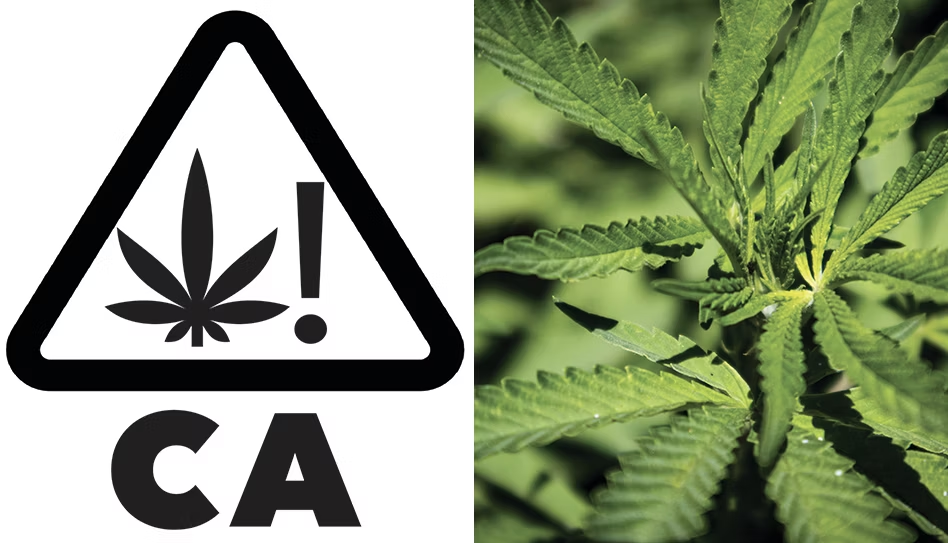The California Department of Public Health (CDPH) has proposed a permanent ban on hemp-derived intoxicating cannabinoid products, including those containing trace amounts of THC, as of June 13. This move follows emergency regulations put in place by Governor Gavin Newsom in September 2024 and could lead to significant economic fallout for the state.
The CDPH estimates that if the ban is enacted, approximately 115 businesses would close and nearly 18,478 jobs could be lost within five years, resulting in a staggering $3.14 billion in lost revenue for California’s economy. The proposal raises concerns over the financial stability of many small businesses, which may struggle to maintain adequate cash flow to cover their operational costs.
Current regulations stipulate that industrial hemp products intended for human consumption must contain no detectable THC or comparable cannabinoids per serving, with a minimum age requirement of 21 and a cap of five servings per package. These rules conflict with the federal definition established by the 2018 Farm Bill, which permits hemp to have up to 0.3% delta-9 THC on a dry-weight basis.
While the emergency regulations are set to expire on September 23, 2025, the CDPH’s proposal will undergo a 45-day rulemaking period, during which public comments will be solicited. A public hearing is scheduled for July 28 at 10 a.m. The CDPH emphasizes that the regulations aim to protect public health and safety, particularly for youth, by preventing access to unregulated hemp products containing THC. Governor Newsom previously expressed the need for stricter enforcement to close loopholes allowing such products to reach minors.
Despite the stated health goals, the economic impact on the hemp industry could be severe. The proposal indicates that about 100 of California’s 115 licensed hemp manufacturers might be forced out of business, and the remaining manufacturers could face relabeling costs averaging $20,000 each. The CDPH anticipates that only a small number of non-intoxicating CBD products would remain compliant under the new rules, as manufacturers would need to use purified CBD isolates, which are more expensive and difficult to source.
Prior to these regulations, intoxicating hemp products were widely available in vape shops, convenience stores, and gas stations without age restrictions or marketing guidelines. The CDPH has noted that some manufacturers previously marketed products to children using appealing graphics and packaging similar to popular candies.
The CDPH’s proposal outlines potential compliance costs for enforcement, estimated at $785,000 annually. The most impacted sectors include carry-out retailers, expected to face a revenue drop of $2.02 billion in the first five years. Manufacturers, food service retailers, and wholesalers would also experience significant losses totaling $615 million, $268 million, and $227 million, respectively.
As a result of these potential regulations, many California residents who regularly consume hemp products may turn to out-of-state suppliers, decreasing local businesses’ competitiveness. The CDPH warns that this shift could lead to an increased supply of hemp products from out-of-state businesses and the illegal market, undermining the state’s regulatory efforts.
The CDPH will need to demonstrate that no reasonable alternative exists to fulfill the proposal’s objectives of protecting public health and safety. The agency has encouraged public input on the matter, inviting suggestions via email, fax, or postal service.




